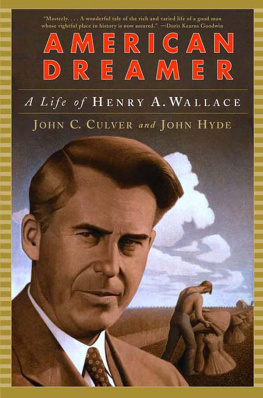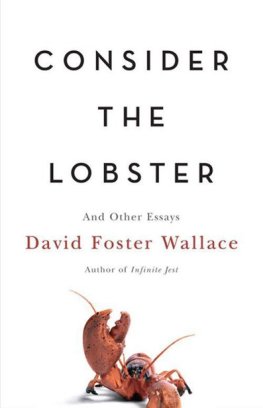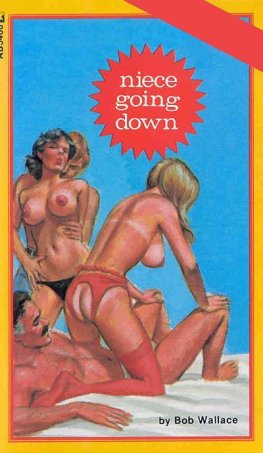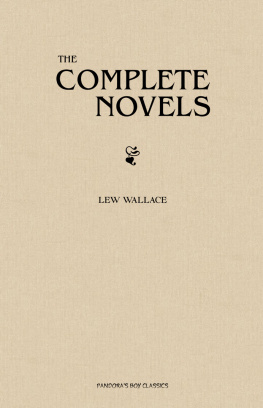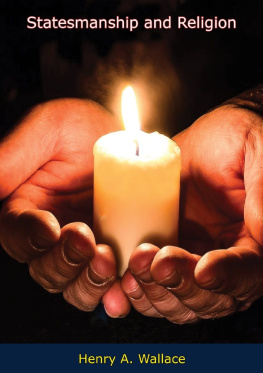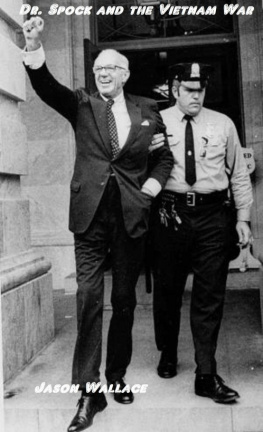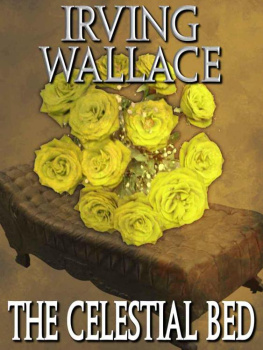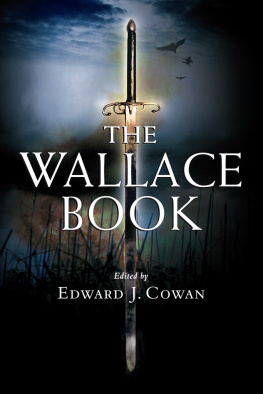

Some images in this e-book are not displayed owing to permissions issues.
FOR MARY JANE CHECCHI AND
LOUISE SWARTZWALDER
AND OUR CHILDREN AND
GRANDCHILDREN

CONTENTS

GOOD FARMING,
CLEAR THINKING,
RIGHT LIVING

H enry Agard Wallace was born October 7, 1888, in a modest frame house on an isolated farm in Iowa.
It was a golden autumn day, and farmers across the state could work outdoors without a coat. Harry and May Wallace, a young couple enjoying their first harvest season as husband and wife, occupied themselves with the routine of country life on their tenant farm in Adair County. May, barely twenty-one years old, picked flowers in the yard and fixed lunch for her husband. Harry, only a year older, fed the cattle and hogs and did his usual chores.
Shortly after sunset May gave birth to a boy.
About the birth there remained little lore. It was a quiet birth on a farm, the way Wallace women had borne babies for generations. No doctor or midwife was present. The nearest town, a tiny village called Orient, was five miles away by dirt road. Like most farm families, Harry and May Wallace saw no need to record the event beyond a notation in their Bible. Family members would learn of the birth in due course. Their firstborn child reached manhood and held high public office before he finally obtained a birth certificate.
This was the way of birth in Iowa, as normal as husking corn or rising at dawn.
Yet nothing about the Wallace family ever quite fit the norm. The Wallaces were different. They were part of, but apart from, the general husbandry of Iowa. They were smart and innovative and eager to take the lead. Unlike most farmers of the day, Harry had been to college and was a believer in book farming, the application of scientific principles to agriculture. His young wife also had been to college and was trained in music and art. Like most Iowa farmhouses, Harry and May Wallaces home had no toilet, electricity, furnace, telephone, or running water. But it did have books and a piano, and it was brimming with ideas.
Nor was Harry a typical tenant farmer. The landlord in Harrys case was his own father, the Reverend Henry Wallace, and he was a man to be reckoned with. By 1888 Henry Wallace was a major landholder in Adair County, publisher of the largest local newspaper, and editor of the states most influential farm journal. Governors sought his counsel; political parties wanted to put him in the U.S. Senate.
Henry Wallace was a sort of small-town leading citizen writ large. High-minded and strong-willed, he embodied virtues country people hold dear: honesty, duty, frugality, charity, simplicity. He even looked the part. He had sandy hair and twinkling blue eyes and full lips bent into a patient smile. The beard he wore throughout his adult life gave his long, narrow face a gentle and dignified appearance. Small wonder that by the end of his life he was almost universally beloved, known to thousands of midwestern readers as Uncle Henry Wallace, a member of the family.
Personal wealth and power did not interest Henry Wallace, although he gave his own family a measure of both. What consumed him was his mission, a belief that man must worship God through service to his fellow man. And the men Uncle Henry cared most about were farmers. Only by creating and sustaining a vibrant agricultural civilization, he thought, could the nation secure its future.
This beliefthe cause of religion and duty and agriculture rolled into onehe stamped indelibly on the Wallace family name. This was Henry Agard Wallaces inheritance from the hour of his birth.
Remember, the boy was told as he grew up, you are a Wallace and a gentleman.
It was his glory and his burden.

T he Wallaces had been farmers in Scotland and Ireland for countless generations. The first of the clan to arrive in America was John Wallace, who left Kilrea, Ireland, in 1823 and landed in Philadelphia at age eighteen. From there he walked to western Pennsylvania and put down roots, which, to a Wallace, meant farming. Over time John Wallace made himself a figure of local importance, a man others in the area turned to for agricultural advice. In 1836 his first child, Henry, was born on the farm.
Henry Wallace would later write lovingly of his boyhood on the farm, of its fat pork sausages and cream as thick as pancake batter. But as a boy he dreamed of being elsewhere and doing otherwise. At eighteen Henry climbed aboard a railroad car, the first train he had ever ridden, and headed west. For the remainder of his life, Henry Wallace was an eloquent exponent of farm life, but he never again lived on a farm.
His ticket off the farm was the ministry. It was probably the only profession his religious parents would have found acceptable. After finishing his theological studies at Monmouth College in Illinois, he taught school for two years in a tough little town in northern Kentucky. In 1863 he married a petite, fine-boned young woman named Nancy Cantwell, daughter of an Ohio landowner and politician who had died while leading a cavalry charge in the second battle of Bull Run.
The first years after marriage were not easy ones. Parishioners in his small Presbyterian churches in Rock Island, Illinois, and Davenport, Iowa, were hidebound and difficult. Their strict orthodoxy did not appeal to him, and they found his social gospel altogether too broad-minded. The young minister and his wife tried to cut costs by living in a boardinghouse but still had a hard time making ends meet. In the final months of the Civil War, he accepted an appointment as a chaplain to northern troops, an experience that left him with a permanent horror of war. Shortly after the wars end, the couples firstborn child, Mary, died in infancy.
By the end of the 1860s, Henry Wallace was emotionally spent and physically exhausted. I would suffer the most excruciating pain after any severe exertion, generally on Sabbath night after preaching two sermons, he later wrote. My limbs would become cold and it seemed impossible to get them warm. A move to Morning Sun, Iowa, southwest of Davenport, improved his health for a time, but after six years his old ailments had returned in force.
His six-foot frame, which comfortably carried two hundred pounds during times of good health, became dangerously thin. He suspected he was dying of tuberculosisconsumption, he called ita disease that had virtually destroyed his entire family. One by one over a period of twelve years, his seven brothers and sisters and his father had all died of some sort of lung trouble. None of his siblings reached the age of thirty.
So, at age forty, with a wife and five small children, Henry Wallace left the pulpit and moved west.

T he ancient struggle between prairie and forest, waged for centuries on the soil of Iowa, had not been fully resolved when pioneers came with their horses and plows. The states location and climate gave neither grass nor trees an undisputed claim to the land. Iowa was neither east nor west, neither arid nor tropical. Iowa was midway and moderate. When the settlers arrived, grass was in the ascendancy but trees still covered about a quarter of the state.
Next page
